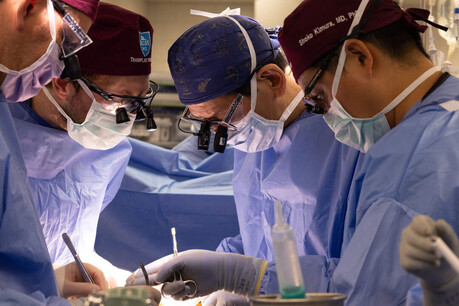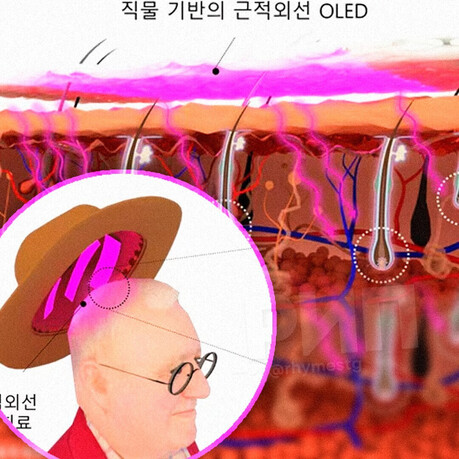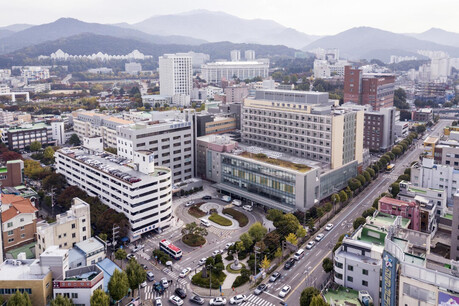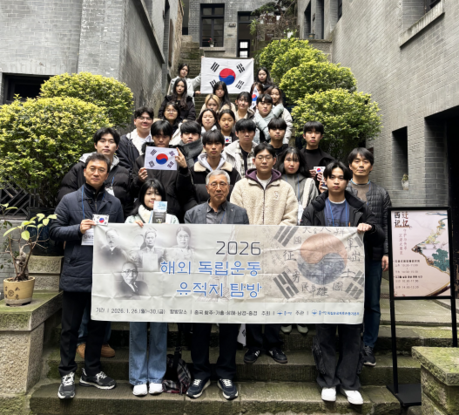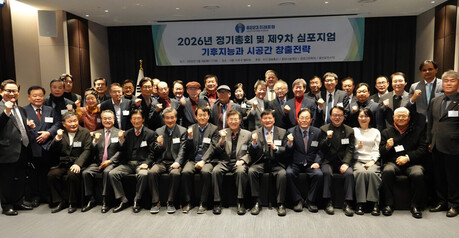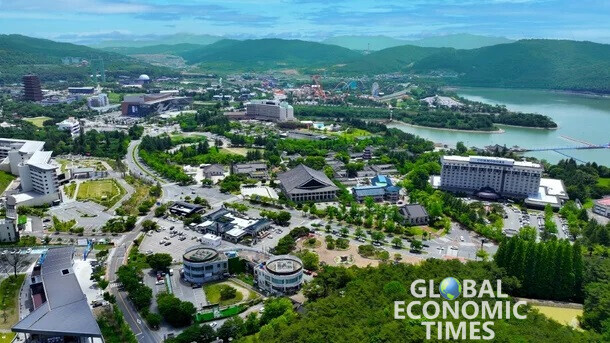
GYEONGJU, South Korea – Local authorities in Gyeongju, North Gyeongsang Province, have announced extensive traffic control measures ahead of the 2025 Asia-Pacific Economic Cooperation (APEC) Economic Leaders’ Meeting, scheduled for October 31 to November 1 at the Gyeongju Hwabaek Convention Center (HICO). The measures aim to minimize anticipated congestion and public inconvenience resulting from the high-profile summit.
Traffic around the Bomun Tourist Complex, the main venue area, will face severe controls. Six traffic checkpoints are being established to verify vehicle destinations, with traffic standby units, including tow trucks, positioned at major intersections for rapid response to incidents.
A voluntary alternating vehicle system is set to be enforced from October 27 through November 1. Under this system, vehicles with odd-ending license plates are advised to drive on odd-numbered calendar days, and even-ending plates on even days, with November 1 having a specific restriction on even-plated vehicles.
Public transit in the area will also be reorganized. Ten city bus routes that pass through the Bomun area will be diverted, bypassing 34 stops inside the complex. Buses will utilize a designated APEC Transfer Parking Lot before rerouting. Citizens planning travel to sites like Bulguksa are advised to use alternative peripheral routes, such as roads via Wolseong-dong, to avoid bottlenecks.
To facilitate official travel and maintain public access, the Korea Railroad Corporation (KORAIL) plans to temporarily increase train services to Gyeongju Station by up to 10 trips daily. Intercity bus service frequency between Gyeongju Terminal and Incheon/Gimhae airports will also be increased by two to three runs per day. Officials have asked for citizens’ full cooperation to ensure the smooth and safe running of the international event.
[Copyright (c) Global Economic Times. All Rights Reserved.]
















